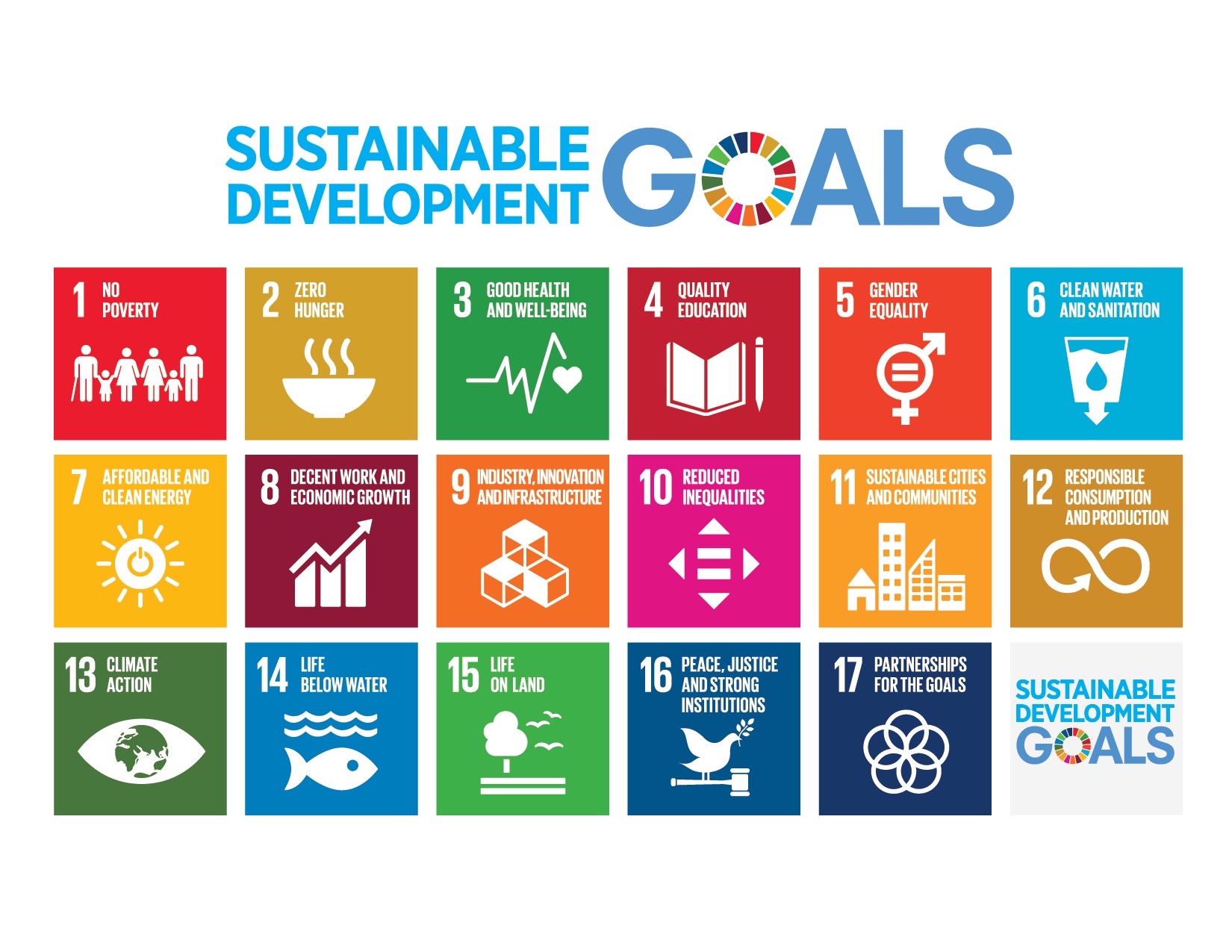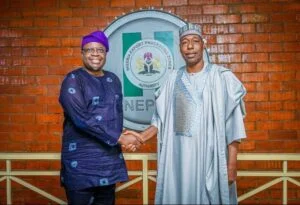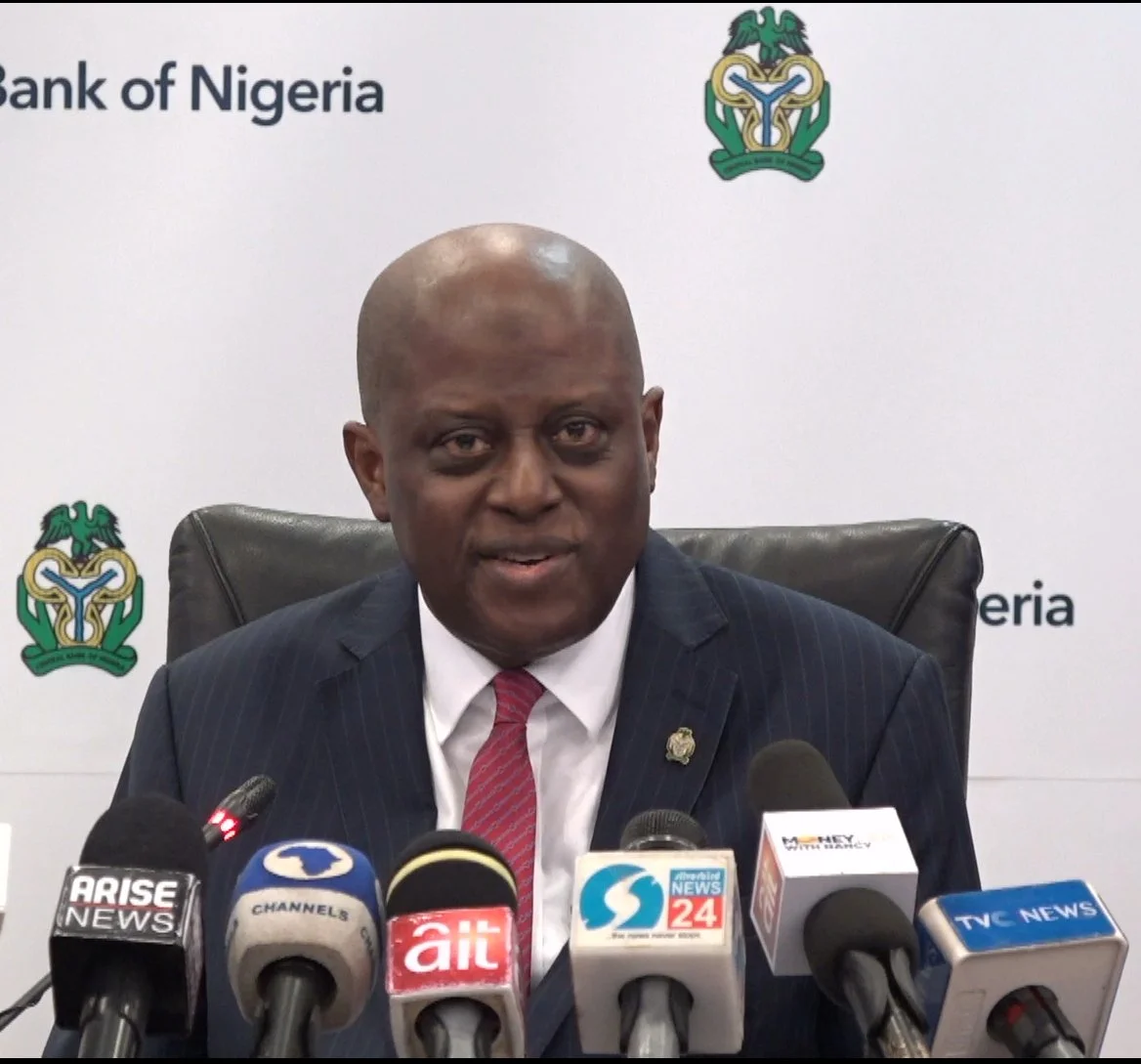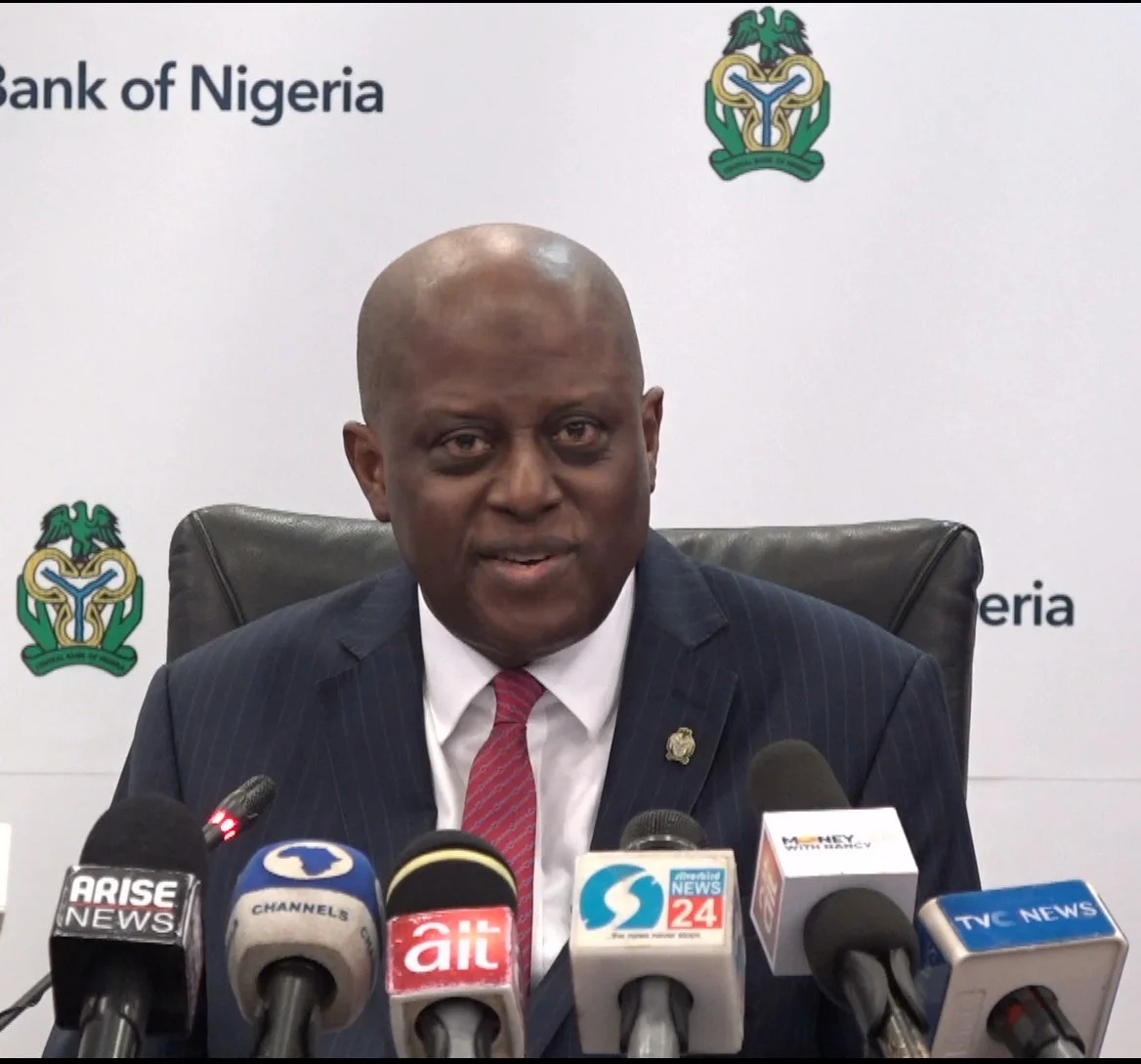The Executive Director of the Institute of Negotiators, Community and Social Development Experts (INCOS-DE), Dr Kunle Yusuff, has warned that Nigeria and other developing countries may miss out on over $40 trillion in global development and climate financing due to a shortage of certified professionals required to access such funds.
Speaking in Abuja at the induction of newly certified Executive Experts and Development Practitioners, Dr Yusuff said more than 345 international organisations currently manage these funds but are unable to disburse them effectively because of a lack of qualified and certified experts in many developing nations.
He explained that between now and 2030, approximately $17.5 trillion is expected to be spent on climate change initiatives, $15 trillion on Sustainable Development Goals (SDGs), and a further $20 trillion on strategic partnerships and negotiations.
“It’s not just about the quantum of funds available,” he said. “It’s about developing the right expertise. Nigerians and other developing countries must become certified professionals to gain access to global partnership support networks and grant interventions.”
Dr Yusuff said the inability of local actors to meet international certification standards has left substantial development financing untapped, hindering efforts to reduce poverty, promote renewable energy, and build resilience to climate change.
He explained that INCOS-DE, with the support of the Federal Government, has partnered with institutions such as The Møller Institute at the University of Cambridge, Liberty University in the United States, the United Nations, and the Merited Institute to train and certify negotiators and development practitioners across Africa.
Certification, he said, grants access to global databases of donor agencies, philanthropic foundations and humanitarian organisations, opening pathways to multi-billion-dollar funding opportunities.
“If you are not certified, you cannot move further,” he emphasised. “Certification gives access to donor agency databases and philanthropists across the world involved in humanitarian and development financing.”
Dr Yusuff also disclosed that INCOS-DE has written to federal ministries, departments and agencies (MDAs), as well as state and local governments, encouraging them to sponsor officials for capacity-building programmes to enable Nigeria to benefit from the available international grants.
“We have taken time to write to all federal government agencies and have met with some governors to show that this is an opportunity,” he said. “Government alone does not have the resources to implement all its programmes, but if we can access alternative sources through grants, it becomes a win-win situation for all.”
He urged Nigerian institutions to act swiftly and strategically ahead of the 2030 SDG deadline, cautioning that without certified professionals and structured negotiation systems, the country risks losing out on one of the largest funding opportunities in global development history.





